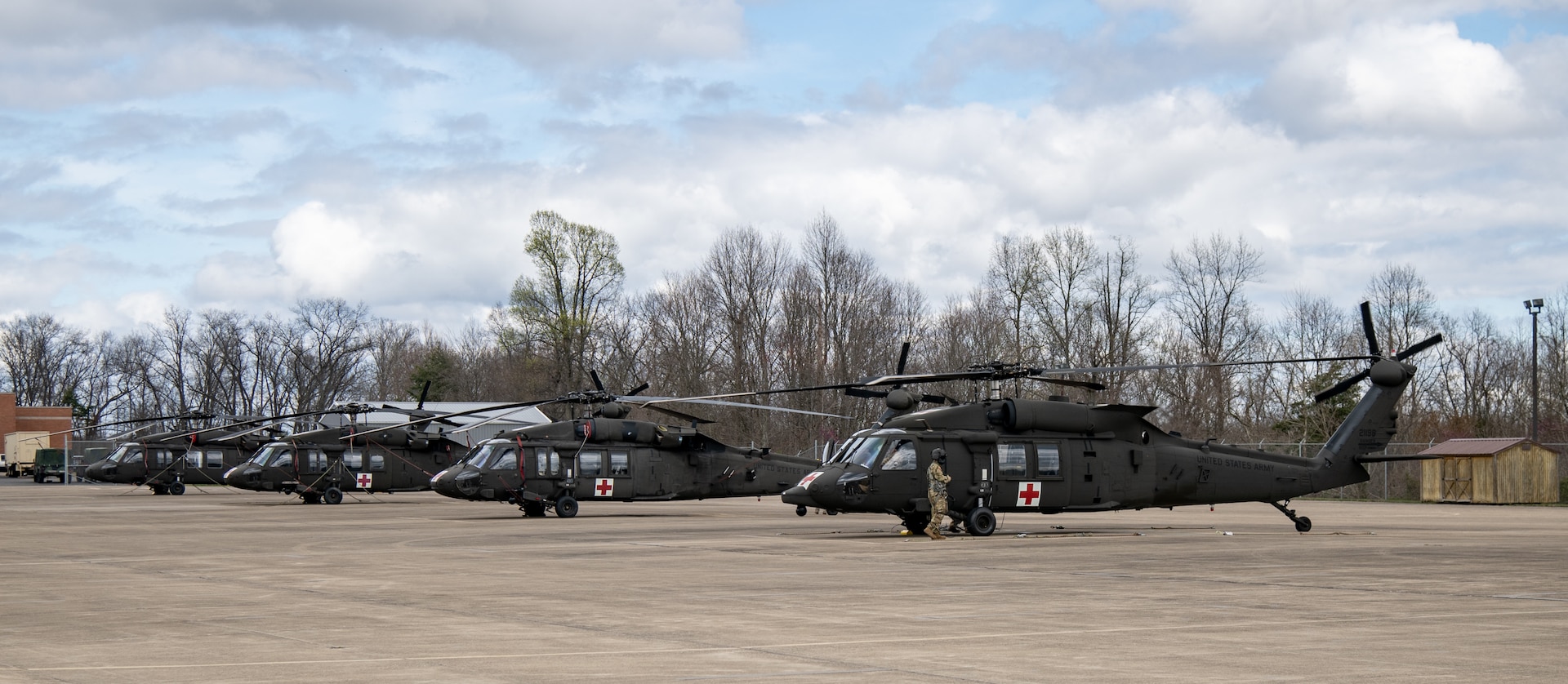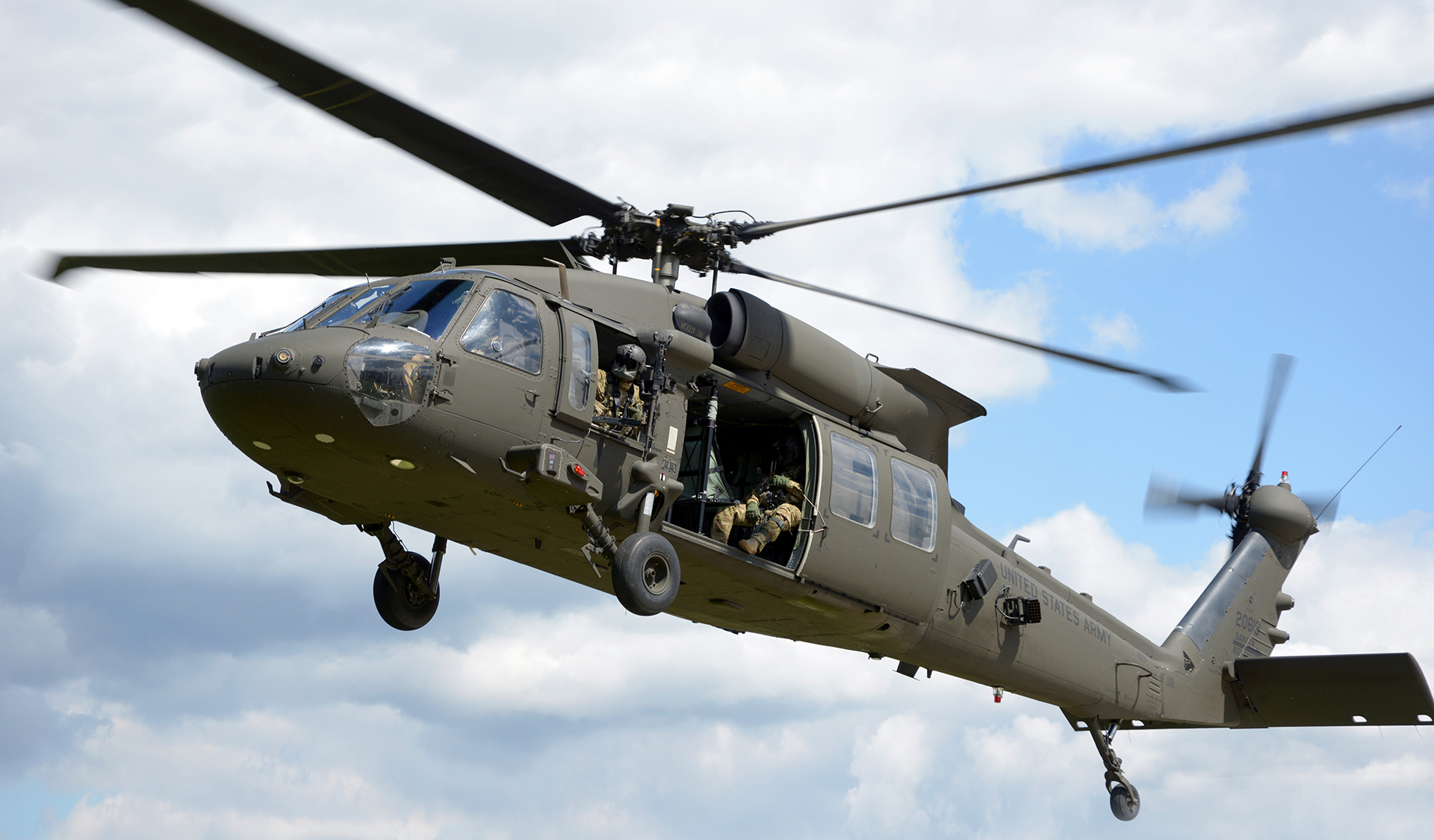UH 60 Helicopter Introduction: Everything You Need to Know
UH 60 Helicopter Introduction: Everything You Need to Know
Blog Article
The Influence of Lasting Practices on the Future of Airplane Procedures and Emissions Reduction
As the aviation industry deals with raising analysis over its ecological impact, the fostering of lasting practices arises as a vital pathway towards future airplane operations and discharges decrease. Innovations in sustainable air travel fuels and developments in crossbreed propulsion technologies stand at the forefront of this improvement, encouraging significant decreases in greenhouse gas exhausts.

Review of Sustainable Practices
Lasting methods in airplane procedures encompass a series of methods aimed at decreasing environmental impact while keeping operational effectiveness. These practices are important in the aeronautics sector's dedication to decreasing its carbon impact and sticking to international environmental criteria. Secret campaigns include optimizing trip courses to lower fuel usage, boosting upkeep procedures to guarantee aircraft operate at peak efficiency, and implementing innovative modern technologies such as winglets and lightweight products that improve the rules of aerodynamics.

Engaging and educating team on sustainability practices likewise play an essential function, cultivating a society of environmental duty within organizations. In general, the combination of these lasting methods not only helps in reducing discharges but likewise boosts the long-lasting viability of the aviation sector, guaranteeing it satisfies the needs of both consumers and governing bodies while adding to international sustainability objectives.
Innovative Gas Alternatives
Various ingenious fuel options are emerging as critical solutions to minimize the air travel market's dependence on typical fossil gas. Amongst these alternatives, Sustainable Aviation Fuels (SAFs) have actually gotten considerable interest because of their possible to decrease lifecycle greenhouse gas emissions by approximately 80% contrasted to traditional jet fuels. SAFs are derived from various feedstocks, consisting of waste oils, farming residues, and even algae, making them a flexible alternative for the industry.
One more promising alternative is hydrogen fuel, which, when utilized in gas cells, produces only water vapor as a result. This zero-emission possible presents a significant chance for decarbonizing trip procedures, particularly for short-haul flights and regional aircraft. Additionally, electrical propulsion systems are being discovered, leveraging battery innovation to power aircraft. While present battery capability restrictions range and haul, continuous developments might soon make electrical flights sensible for specific applications - uh 60.
Finally, biofuels obtained from biomass are being examined, supplying a sustainable alternative that can be blended with standard gas. Collectively, these ingenious fuel options stand for an important step toward achieving a sustainable air travel ecological community, aligning with international emissions decrease targets and improving the industry's ecological stewardship.
Technical Improvements in Aviation

Exactly how can technological improvements reshape the future of air travel? The integration of innovative technologies is crucial in transforming airplane procedures, improving performance, and decreasing exhausts. Innovations such as hybrid and electric propulsion systems go to the center, promising considerable decreases in fuel intake and greenhouse gas exhausts. These systems take advantage of innovations in battery technology and energy monitoring, allowing aircraft to operate with a lower ecological footprint.
Moreover, the execution of sophisticated products, such as light-weight compounds, adds to enhanced the rules of aerodynamics and gas efficiency. Making use of expert system and maker knowing in flight operations maximizes route preparation and lowers gas melt by enabling real-time modifications based upon weather condition and traffic conditions. In addition, the development of autonomous and from another location piloted aircraft systems stands to transform freight and guest transport, potentially boosting performance while decreasing human mistake.
Furthermore, sustainable air travel innovations, including advanced air website traffic monitoring systems, can decrease and enhance procedures congestion, resulting in lower discharges throughout flight. These innovations collectively represent a paradigm change in aeronautics, assuring a future where sustainability and functional effectiveness are linked, thereby supporting the market's dedication to reducing its environmental effect.

Governing Structure and Conformity
Because of the growing focus on ecological stewardship within the aeronautics field, the blog here regulatory framework governing aircraft operations is evolving to promote lasting methods. Governing bodies, such as the International Civil Aviation Company (ICAO) and different national air travel authorities, are introducing strict standards aimed at reducing emissions and enhancing functional performance.
These laws usually consist of the fostering of Sustainable Air travel Fuel (SAF), which has been recognized as a crucial component in achieving reduced carbon footprints. Conformity with these policies calls for airline companies to execute advanced modern technologies and operational practices, such as optimized trip paths and boosted air web traffic management, to decrease fuel consumption.
Additionally, the enforcement of exhausts trading schemes and carbon balancing out initiatives is coming to be progressively pop over here prevalent, engaging airline companies to keep an eye on and report their emissions properly. Non-compliance can lead to considerable charges, therefore pushing drivers to focus on sustainability in their organization designs.
Eventually, the evolving regulatory landscape not only drives development and investment in green modern technologies however likewise fosters a society of liability within the air travel sector. As these frameworks proceed to develop, the concentrate on lasting techniques will be essential to accomplishing the industry's long-lasting ecological goals.
Future Patterns in Aircraft Operations
As the aviation industry adapts to a progressively rigid regulative environment, future trends in aircraft operations are established to concentrate on ingenious remedies that better boost sustainability and effectiveness - uh 60. Trick growths will likely consist of the adoption of innovative air web traffic management systems, which utilize real-time data and expert system to enhance flight courses, minimizing fuel usage and discharges
Another significant trend is the enhanced combination of sustainable aeronautics fuels (SAFs) These address choices to standard jet gas, obtained from renewable resources, can dramatically reduce lifecycle greenhouse gas emissions. The industry's dedication to SAFs will likely increase as airline companies work together with fuel manufacturers to make sure availability and cost-effectiveness.
In addition, the press towards electrification and crossbreed propulsion systems is gaining energy. Emerging aircraft designs will integrate these innovations, providing quieter and more efficient operations, especially for short-haul trips.
Conclusion
In final thought, the assimilation of sustainable techniques in airplane operations holds significant potential for exhausts decrease and improved efficiency. The adoption of lasting air travel fuels, paired with developments in hybrid and electric propulsion systems, is necessary for decreasing lifecycle greenhouse gas emissions. Moreover, maximizing trip courses and embracing cutting-edge technologies add to a quieter and extra eco-friendly aeronautics field. Collectively, these efforts straighten with worldwide sustainability goals and pave the way for a greener future in air travel.
Developments in sustainable aviation gas and developments in hybrid propulsion technologies stand at the center of this change, encouraging significant reductions in greenhouse gas exhausts.Many cutting-edge fuel alternatives are arising as critical solutions to decrease the air travel sector's reliance on conventional fossil gas - uh 60. Amongst these alternatives, Lasting Aviation Fuels (SAFs) have actually obtained considerable focus due to their prospective to lower lifecycle greenhouse gas discharges by up to 80% contrasted to traditional jet gas.One more considerable pattern is the raised assimilation of sustainable air travel gas (SAFs) The fostering of sustainable aeronautics gas, paired with developments in hybrid and electric propulsion systems, is important for decreasing lifecycle greenhouse gas emissions
Report this page